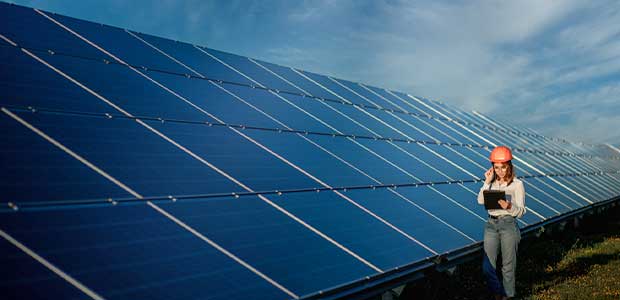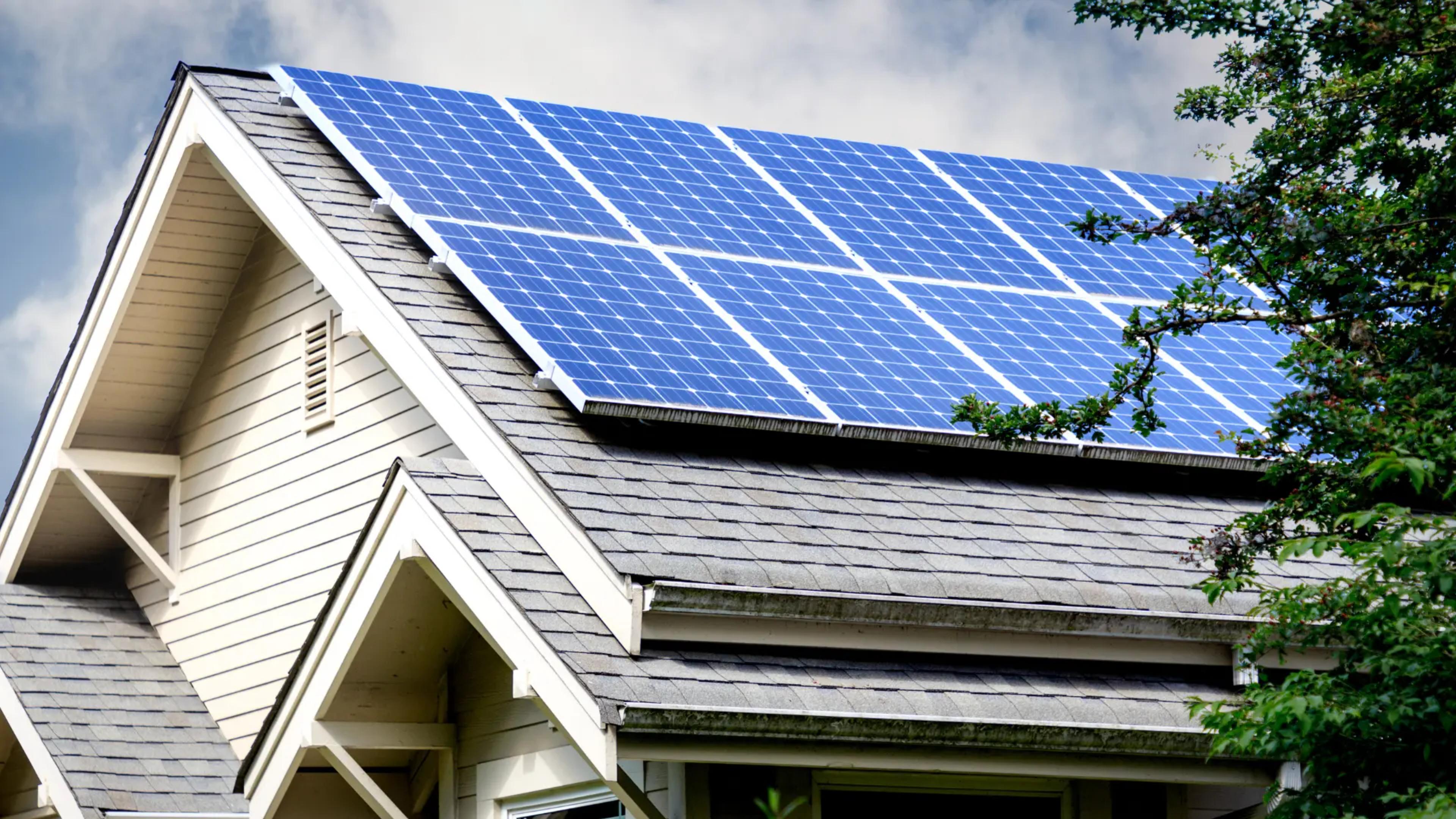Just How Solar Power Can Assist You Conserve Money and Reduce Your Carbon Footprint
The assimilation of solar power into your power profile offers an engaging chance for both monetary savings and ecological stewardship. By utilizing the sun's energy, house owners can dramatically reduce their regular monthly energy costs while also protecting versus the changability of future power expenses. Furthermore, the transition to solar contributes to a marked decline in carbon exhausts, lining up individual financing with more comprehensive ecological goals. As numerous federal government incentives appear, the question occurs: just how can one successfully browse the preliminary investments and ongoing advantages of solar innovation to take full advantage of both economic and ecological gains?
Recognizing Solar Energy Savings
While the change to solar power commonly involves a first investment, recognizing solar power financial savings is critical for property owners and businesses alike. Solar power systems can dramatically decrease electricity costs by harnessing the sun's energy, equating right into considerable lasting financial benefits. By producing their own electrical power, customers decrease reliance on grid power, which undergoes varying costs. These cost savings can collect in time, commonly leading to a quick return on financial investment.
Moreover, solar energy systems might get various economic rewards, consisting of tax obligation credit scores and refunds, better boosting their cost-effectiveness. The accessibility of net metering allows users to sell excess power back to the grid, developing an extra earnings stream. These factors add to the total financial savings associated with solar power.

In enhancement to guide monetary financial savings, solar power provides the included advantage of increasing property value. Homes equipped with solar panels are typically much more appealing to customers, as they assure lower power prices - Simply Solar Illinois. Recognizing these elements is necessary for anyone thinking about solar power, as it highlights not simply the prospective economic gains, however also the broader ecological and economic benefits of taking on renewable resource services
First Prices vs. Long-Term Advantages
When evaluating solar energy, it is essential to consider the preliminary expenses against the lasting advantages. The in advance investment for photovoltaic panels, installment, and relevant tools can be significant, typically varying from $15,000 to $30,000, depending on the system size and home power needs. This first expense may hinder some house owners; nonetheless, it is vital to take into consideration the potential financial savings over time.
As soon as installed, solar energy systems can significantly reduce or perhaps get rid of regular monthly power costs, resulting in substantial lasting economic benefits. Researches suggest that homeowners can save anywhere from $10,000 to $30,000 over the life expectancy of their solar system, normally 25 years. Furthermore, numerous states offer incentives, tax obligation credit scores, and rebates that can offset preliminary expenses, making solar a lot more available.

Lowering Your Carbon Footprint
Lowering your carbon footprint is an important factor to consider in today's ecologically conscious culture, and adopting solar power is one of the most reliable strategies to accomplish this objective. Solar power is a tidy, renewable energy that dramatically decreases dependence on fossil fuels, which are significant factors to greenhouse gas exhausts.

In addition, the prevalent adoption learn the facts here now of solar modern technology motivates the development of green work and supports advancements in power storage and performance. The even more individuals and organizations buy solar energy, the higher the cumulative decrease in carbon discharges, promoting a cleaner atmosphere for future generations.
Government Incentives and Discounts
Adopting solar energy not just benefits the atmosphere however can also cause considerable monetary savings, especially with the availability of government motivations and refunds. Various federal, state, and neighborhood programs are created to urge homeowners and companies to invest in solar power systems, making the shift much more economical.
Among one of the most prominent rewards is the Federal Investment Tax Obligation Credit History (ITC), which allows planetary system owners to deduct a significant percentage of the installment expenses from their federal taxes. This reward has been essential in decreasing the upfront expenditures connected with solar power systems. In addition, lots of states supply their own tax credits, grants, and discounts that can additionally improve financial savings.
Moreover, some city governments supply real estate tax exemptions for solar installations, guaranteeing that property owners do not deal with raised property taxes as an outcome of their renewable energy investments. Utility discover this info here business might additionally provide incentives, including web metering and feed-in tolls, which enable solar energy customers to sell excess power back to the grid.
Selecting the Right Solar System
Picking the ideal solar system is vital for taking full advantage of energy effectiveness and monetary benefits. The decision pivots on several variables, consisting of energy demands, budget plan, and available area. Property owners should start by evaluating their electricity intake to determine the system size required for optimal efficiency.
Following, go now consider the different kinds of solar innovations offered. Simply Solar Illinois. Photovoltaic (PV) panels are the most common, converting sunlight directly right into electrical energy, while solar thermal systems concentrate on heating water. Each kind has distinctive advantages depending on individual demands
Budget plan considerations are likewise paramount. First installation costs can differ considerably, so it is very important to contrast quotes from multiple providers and check out funding choices. Federal government motivations and discounts can additionally reduce the financial worry, making solar systems much more easily accessible.
Final Thought
The environmental advantages of solar power contribute to sustainable practices important for combating climate adjustment. Government incentives boost the expediency of solar modern technology adoption, urging a shift in the direction of a cleaner, a lot more economically reliable energy resource.